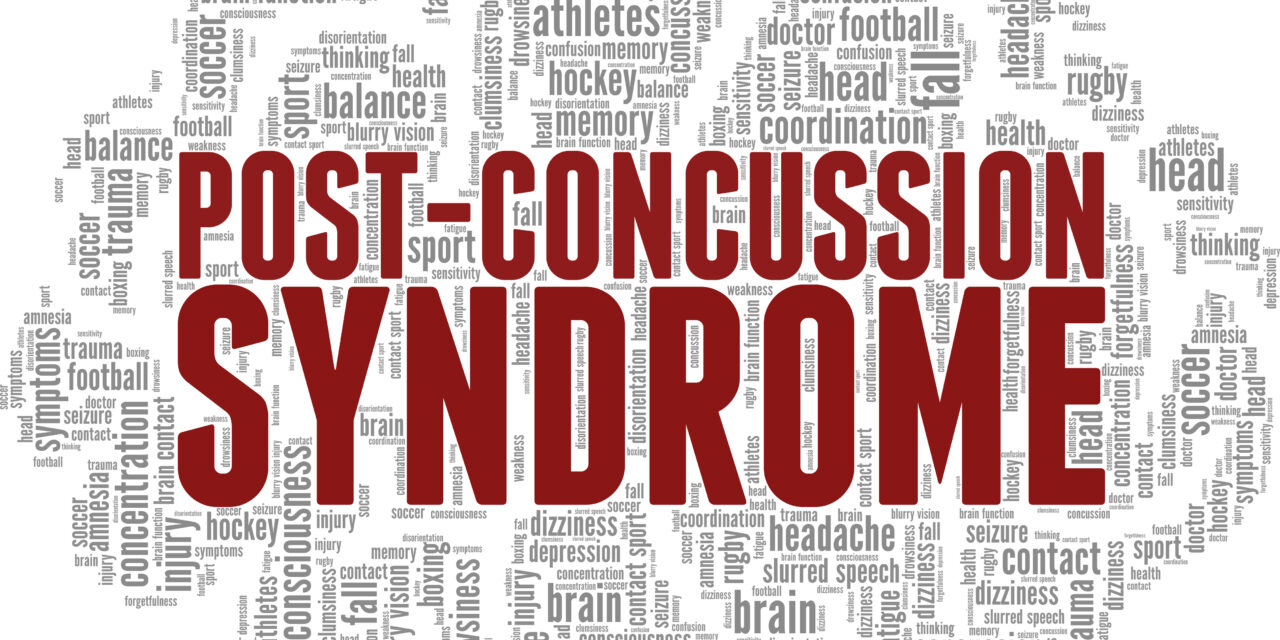By Annette Pinder
A traumatic brain injury (TBI) results from sudden trauma that causes damage to the brain. According to the CDC, TBI is a leading cause of death and disability among children and young adults in the United States. It is estimated that 1.5 million Americans sustain a TBI yearly, and 230,000 people are hospitalized as a result.
Local neurologist Michael Giglio, MD, says that TBI symptoms can be mild, moderate, or severe, depending on the extent of damage sustained by the brain. Mild symptoms include headache, confusion, lightheadedness, dizziness, blurred vision or tired eyes, ringing in the ears, a bad taste in the mouth, fatigue or lethargy, changes in sleep patterns, behavioral or mood changes, and trouble with memory, concentration, attention, or thinking. Individuals with moderate or severe TBI may have these same symptoms, but also experience a persistent headache that worsens, vomiting, nausea, seizures or convulsions, inability to waken from sleep, dilated pupils, slurred speech, arm/leg weakness or numbness, coordination problems, increased confusion, restlessness, and agitation.
While most people with a mild TBI or concussion feel better within a couple of weeks, some continue to have symptoms for months or longer. It is these patients with post-concussion syndrome (PCS) and significantly more complex needs due to their lingering symptoms, who are typically referred to Dr. Giglio for treatment.
Dr. Giglio says that one reason why treating PCS patients is so complicated is because the advice they initially receive can end up impeding their healing. He says,“While rest following a concussion is important, resting for too long can cause psychological problems. When they are initially advised to refrain from stimuli that make them uncomfortable, such as light, sounds, or people, no one ever tells them that cannot sustain this behavior forever and expect to get better.”
According to Dr. Giglio, the real goal in treating PCS patients is helping them get back to normal a little at a time, which requires perseverance and determination on the part of the patient, and encouragement on the part of the doctor. For example, if a marathon runner begins training, but stops at the same place every day without trying to go any further, he will likely never again complete a marathon. “Getting past some slight discomfort to reach the desired goal of getting better is important, and an important part of the treatment these patients require.”
Dr. Giglio says getting back to normal also typically require various therapies, including cognitive therapy. He says, “These patients are complex, but I love working with them. Fortunately, most PCS patents fully recover. PCS often goes away within three months, but some cases last a year or longer.”
Michael Giglio, MD is a neurologist at Invision Health who treats head traumas, headaches, neuropathy, radiculopathy, dementia, Alzheimer’s disease, Parkinson’s disease, multiple sclerosis, epilepsy, spine deformities, sleep disorders, and other neurologic disorders. He works closely with Scott Darling, MD, an orthopedist and sports medicine specialist at Invision Health, who treats musculoskeletal conditions, facial injuries, concussions, pediatric injuries, and more. Learn more at www.invisionhealth.com. To make an appointment, call 716-631-9525.












